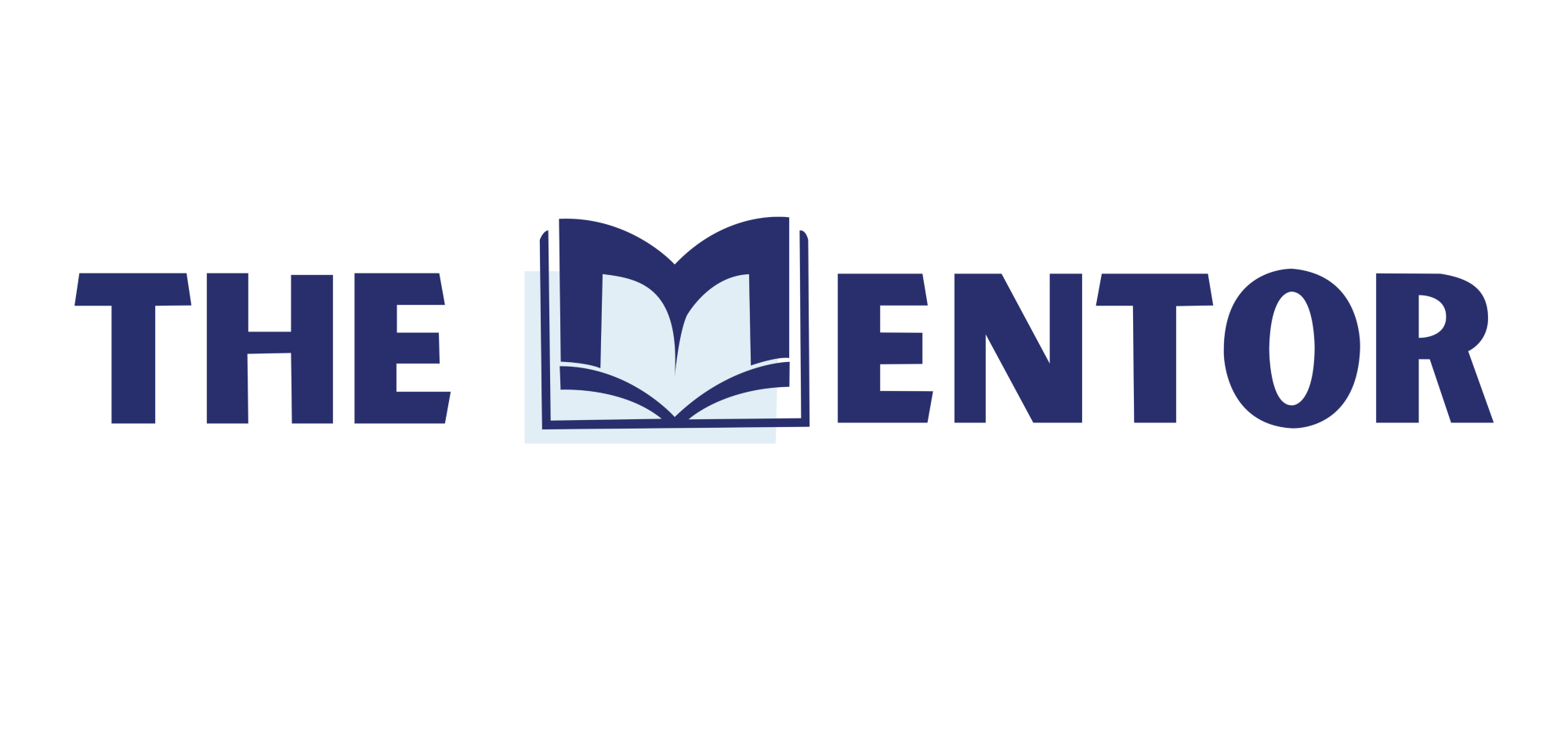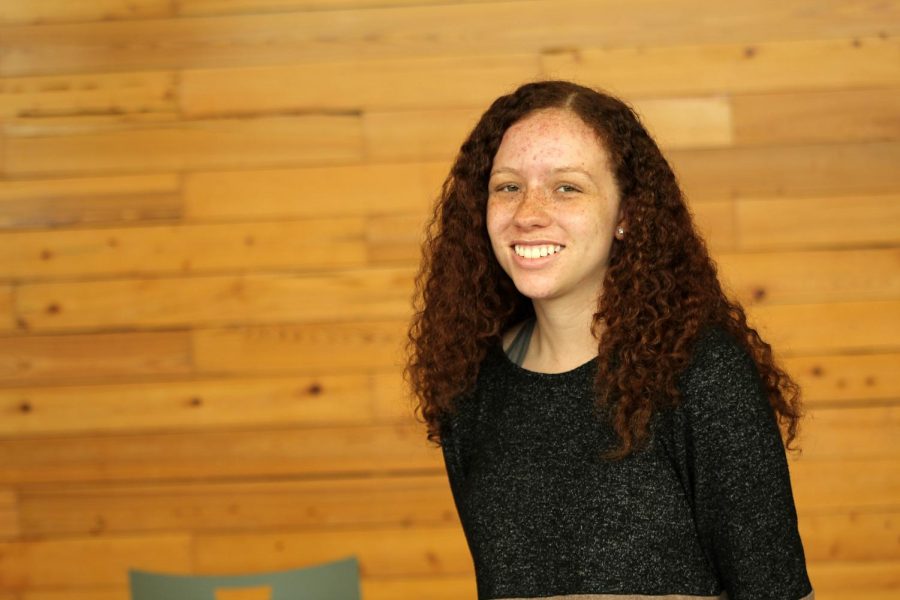No true economic system, system must be best for people
Over the past few years, I’ve noticed that people use “socialism” and “communism” interchangeably; they’ll use both terms to scare people while at the same time misinforming them.
I am not a socialist, but I believe it can work the way we already have it in this country and maybe expand it further. I believe we can go outside the confines of socialism, communism and capitalism and create a mixed economy that benefits all individuals involved in the system.
Socialism is essentially when the government has some control over companies and production, whereas communism is when the government has complete control over those. However, in socialism, the government owns most means of production and natural resources. This is compared to capitalism, which is where individuals and private corporations control production without government interference, the free market in the simplest terms. Communism creates a situation where individuals cannot own property. Democratic socialism, a type of socialism, creates a position similar to capitalism, where individuals can own private property. Another key difference is that socialism compensates people based on their economic contribution. No one can take that away from them and pocket all of the money, like in capitalism, and not everyone is given the same things, as in communism. Communism treats everyone the same, and you don’t own anything, including wealth.
We already have socialist things in this country that people seem to ignore or not realize they are socialist. Roads are a part of socialist ideology. You don’t directly pay for the roads you drive on every day, your taxes pay for that, and it doesn’t just benefit you but everyone in the community.
There is nothing wrong with combining the ideas of socialism and capitalism; there are countries that do it and are successful. When governments combine those aspects, everyone benefits. I’ve heard people complain about how things like universal healthcare or free college education will “raise our taxes,” but that shouldn’t matter if those things benefit everyone, including those complaining about the increase in taxes. Free college, for one, would create a more educated society. Of course, some people will deny that chance, but it’s better for everyone to have an equal opportunity to get a college education than education being reserved for those who can afford it. It’s better to have a more educated society, and that’s what that opportunity would provide.
There’s an argument to be had about the increase in taxes, but overall, that removes the individual’s payment on things like healthcare, college and even childcare. There is less to worry about when you have to fight major diseases at the hospital because your healthcare is already covered. This never seems to be a good idea until it’s something you could absolutely benefit from, and you never know when that will happen.
A communist and capitalist society would be impossible to create, but combining socialist and capitalist ideologies can and has happened before in countries like Norway, Finland, and Denmark, according to Britannica, except they made their own systems that worked; it just so happened that those ideas crossed the lines of both capitalism and socialism. Those countries’ systems are all mixed economies meaning different things per country, but each country figured out what does and doesn’t work. They are in no way only socialist countries, leaning more toward capitalism. Still, it’s just an example of how socialist and capitalist ideologies can work together to create a prosperous nation.
Socialism is treated like a dirty word, but that’s because people confuse it with communism too much or they do not understand what socialism actually is. All in all, it doesn’t matter what ideology you believe is best if it is harming the people of your country. A system should be beneficial for all members of that society.


